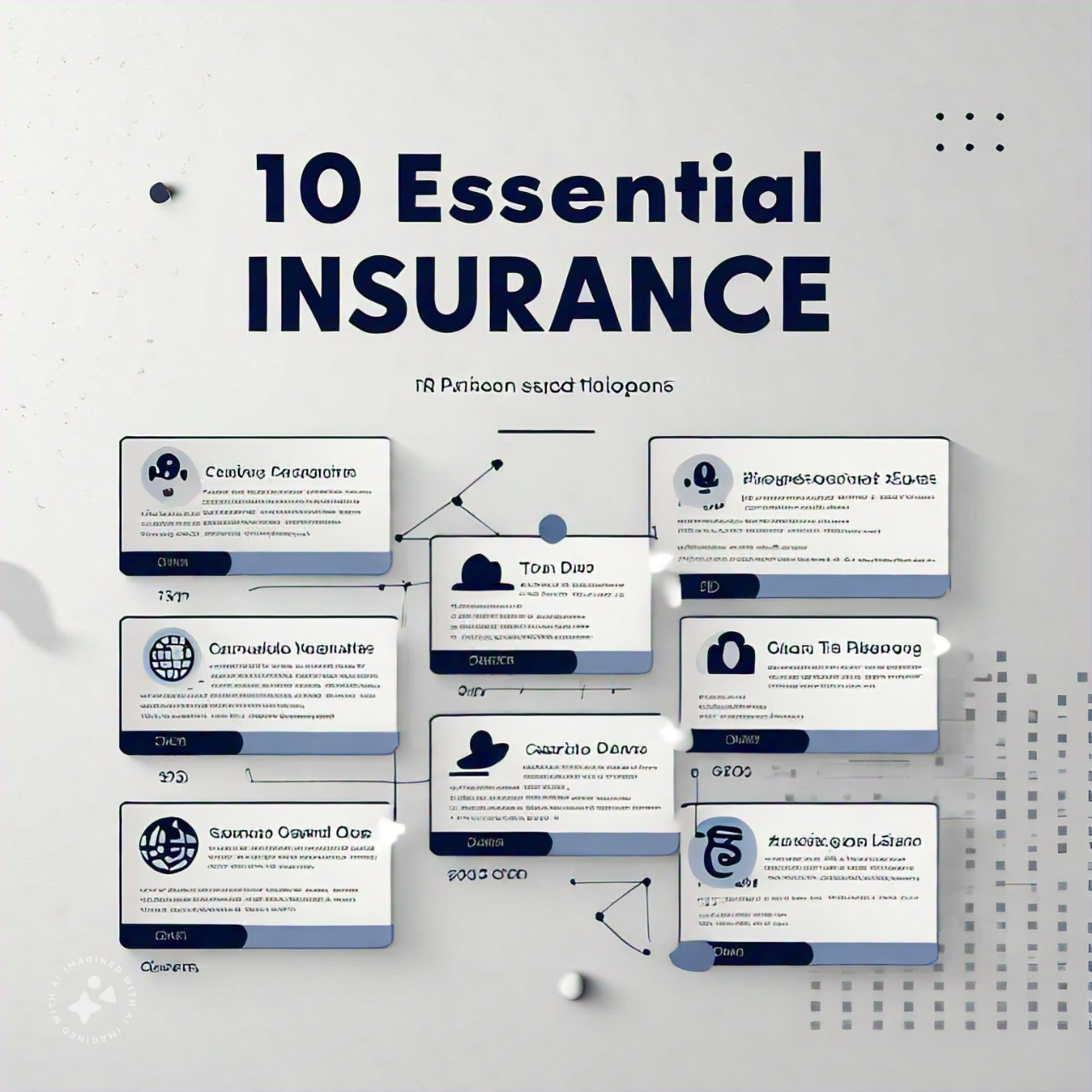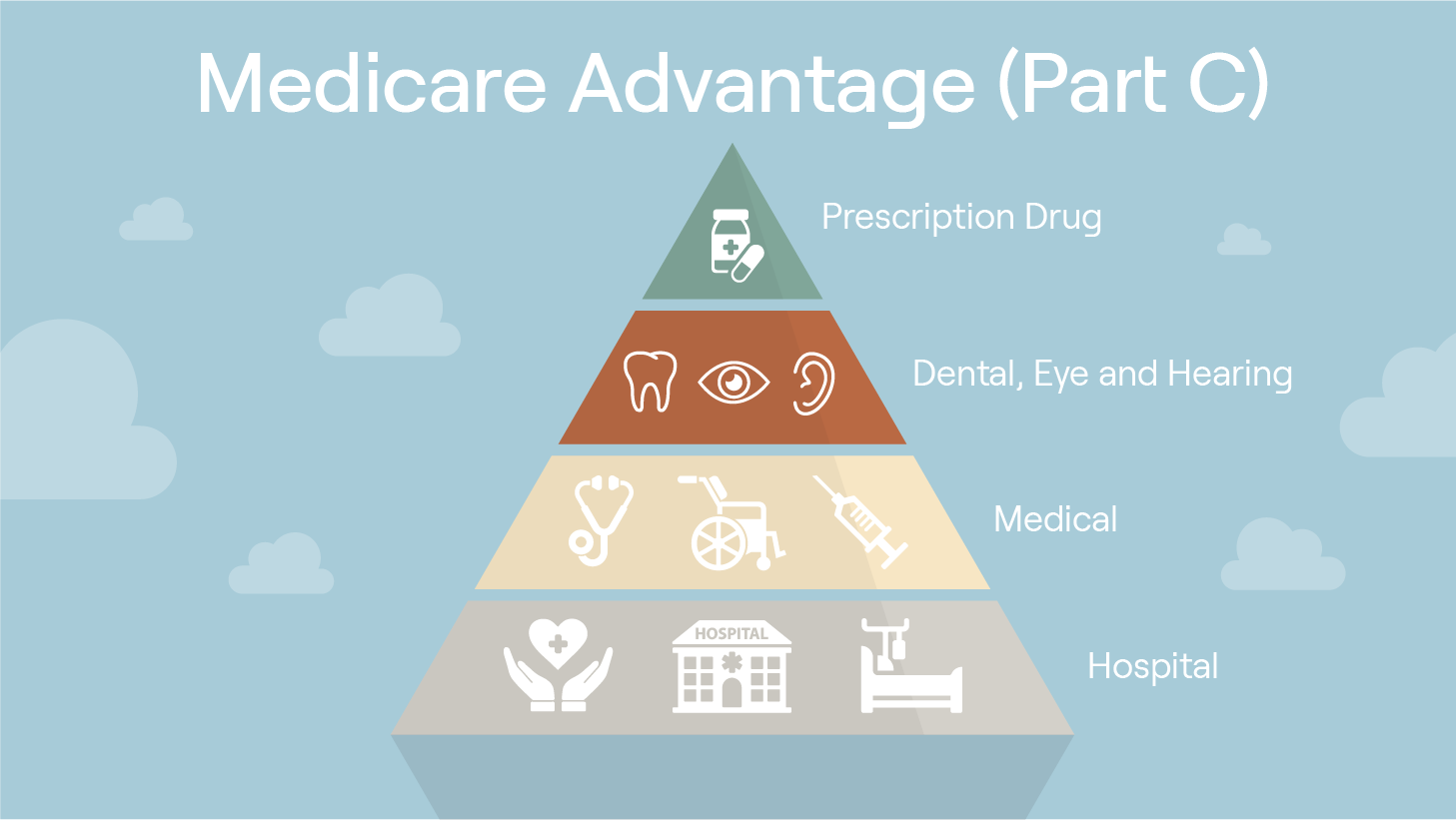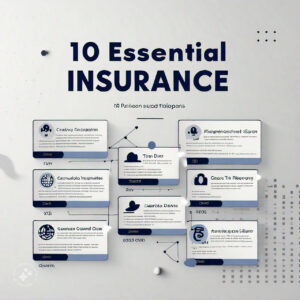The Downside of IUL: Understanding the Risks and Limitations of Indexed Universal Life Insurance
Introduction
Indexed Universal Life Insurance (IUL) is a type of life insurance policy that combines the benefits of traditional life insurance with the opportunity to grow cash value through investments. However, like any financial product, IUL has its downsides and limitations that must be carefully considered before purchasing. In this article, we will explore the potential disadvantages of IUL and provide insights to help you make an informed decision.
What is IUL and How Does it Work?
Before we delve into the downside of IUL, let’s first define what it is and how it works. IUL is a permanent life insurance policy that allows policyholders to accumulate cash value through a linked investment account. The returns on this account are tied to a market index, such as the S&P 500, and the policyholder receives a portion of the gains but is protected from market losses.
The Downsides of IUL
- Complexity: One of the primary downsides of IUL is its complexity. The product’s structure, fees, and mechanics can be challenging to understand for the average consumer. IUL policies often involve complex calculations, including participation rates, caps, floors, and spreads. This complexity can lead to confusion and make it difficult for policyholders to evaluate the product’s performance accurately.
- Fees: IUL policies typically have higher fees than other types of life insurance policies. These fees can include administration fees, mortality and expense charges, and investment management fees. These fees can add up quickly and reduce the overall returns on the policy.
- Limited Returns: While IUL policies offer the potential for market-linked returns, the returns are often limited. IUL policies typically have caps and participation rates that limit the amount of returns policyholders can receive. Additionally, the fees associated with IUL policies can eat into any gains made.
- Surrender Charges: IUL policies often have surrender charges if the policyholder cancels the policy before a specific time. These charges can be significant and can eat into any gains made on the policy.
- Risk of Policy Lapse: IUL policies require ongoing premiums to maintain the policy and cash value. If the policyholder is unable to pay the premiums, the policy may lapse, resulting in the loss of coverage and any accumulated cash value.
- Potential for Loss: Although IUL policies are designed to protect policyholders from market losses, there is still the potential for loss. If the market performs poorly, the policy’s returns may be minimal or negative. Additionally, the fees associated with IUL policies can eat into any gains made.
Who Should Consider IUL?
Despite its downsides, IUL can be an excellent option for some individuals. IUL may be suitable for those who:
- Are looking for a permanent life insurance policy that also offers the opportunity for cash value accual
- th the product’s complexity and are willing to spend time understanding how it works
- Have a long-term investment horizon and are willing to take on market risk
- Have a higher income and are looking for tax-advantaged investment options
Conclusion
IUL can be an attractive option for those looking to combine permanent life insurance with the opportunity for cash value accumulation. However, like any financial product, IUL has its downsides and limitations that must be carefully considered before purchasing. As with any financial decision, it is essential to consult with a financial advisor who can provide personalized guidance and advice tailored to your unique situation.
FAQs
- Is IUL a good investment? IUL can be a good investment for those who are willing to take on market risk and are comfortable with the product’s complexity. However, it is essential to carefully review all options.
- What are the fees associated with IUL policies? IUL policies typically have higher fees than other types of life insurance policies. These fees can include administration fees, mortality and expense charges, and investment management fees.
- Can I lose money with IUL? While IUL policies are designed to protect policyholders from market losses, there is still the potential for loss. If the market performs poorly, the policy’s returns may be minimal or negative. Additionally, the fees associated with IUL policies can eat into any gains made.
- Can I cancel an IUL policy? Yes, you can cancel an IUL policy, but it may come with surrender charges if you cancel before a specific time. These charges can be significant and can eat into any gains made on the policy.
- How do I know if IUL is right for me? IUL may be suitable for those who are looking for a permanent life insurance policy that also offers the opportunity for cash value accumulation, are comfortable with the product’s complexity, have a long-term investment horizon, and are willing to take on market risk. It’s important to consult with a financial advisor who can provide personalized guidance and advice tailored to your unique situation.
Conclusion
In conclusion, while IUL offers the potential for cash value accumulation and market-linked returns, it also has its downsides and limitations that must be carefully considered before purchasing. It’s essential to understand the product’s complexity and associated fees, as well as the potential for limited returns and policy lapses. Ultimately, the decision to purchase an IUL policy should be made after consulting with a financial advisor who can provide personalized guidance and advice tailored to your unique situation.
- Questions about Indexed Universal Life
- Why Annuities? The Many Questions
- “Understanding Indexed Universal Life Insurance: Risks, Rewards, and Financial Planning”
- Risks and Benefits of Annuities: Understanding the Pros and Cons
- What is an Annuity and How Does it Work?
Benefits of Medicare Advantage for Veterans
Veterans and Medicare Advantage plans represent a crucial intersection of health- care services designed to enhance the medical coverage available…
10 Essential Insurance Tips to Protect Your Future
1. Assess your insurance needs based on income, assets, and dependencies. 2. Understand policy types: life, health, auto, home, and…
ACA 2025 Open Enrollment
The ACA 2025 Open Enrollment Period represents a pivotal opportunity for individuals and families to obtain health insurance coverage under…
Medicare Annual Enrollment Period 2025
The Medicare Annual Enrollment Period (AEP) for 2025 is a critical time for beneficiaries to review and adjust their Medicare coverage, running…
Medicare Advantage and the Nearing Annual Election Period
Medicare Advantage and the Nearing Annual Election Period Introduction Navigating Medicare can feel like trying to read a map written in a…
Understanding Medicare Advantage Plans
Understanding Medicare Advantage Plans Medicare Advantage plans have become a popular alternative for people who want more flexibility and comprehensive coverage…













